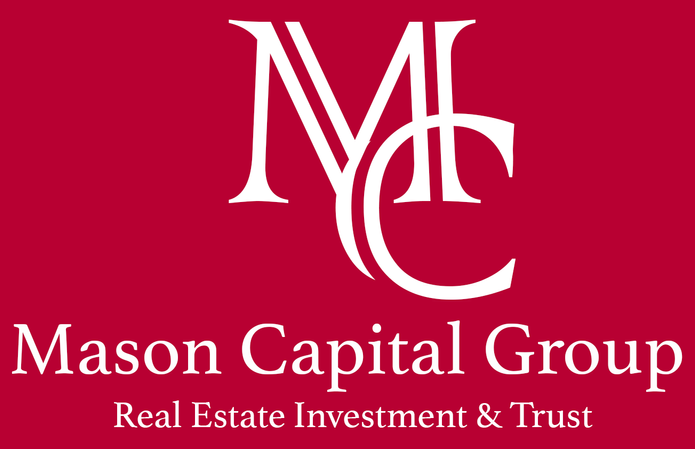House-Poor Cities in America: What Real Estate Investors Need to Know
House-Poor Cities in America: What Real Estate Investors Need to Know

House-Poor Cities in America: What Real Estate Investors Need to Know
A recent report from Consumer Affairs has spotlighted a growing concern in the U.S. housing market—homeowners becoming “house-poor.” For investors and stakeholders at Mason Capital Group, this trend offers both cautionary insights and strategic opportunities.
What Does “House-Poor” Mean?
Being house-poor refers to homeowners who spend more than 30% of their pre-tax income on housing expenses. These costs include:
- Mortgage payments
- Property taxes
- Homeowners insurance
- Utilities
- HOA fees
According to Chase Bank, house-poor individuals often sacrifice essentials like groceries, healthcare, and retirement savings to afford their home
Top 10 House-Poor Cities in the U.S.
Consumer Affairs analyzed 2024 Census data for cities with populations over 175,000. The findings reveal that all top 10 cities exceed the 28% housing cost threshold, with nine surpassing 30%.
Rank City Income Spent on Housing Avg Monthly Income. Avg Monthly Housing Cost
- Hialeah, FL 36.9% $6,000 $2,200
- New York, NY 33% $10,120 $3,335
- New Orleans, LA 32.6% $7,154 $2,332
- Los Angeles, CA 32.5% $10,855 $3,523
- Miami, FL 32.3% — $2,900
- Pembroke Pines, FL 32% $8,598 $2,751
- St. Petersburg, FL 30.6% $7,598 $2,322
- Honolulu, HI 30.5% $9,995 $3,045
- Yonkers, NY 30.2% $10,494 $3,170
- Chula Vista, CA 29.5% $10,630 $3,132
What This Means for Investors
At Mason Capital Group, we view these trends as signals for strategic planning:
- High Demand, Low Affordability: Cities like Hialeah and Miami show strong housing demand, but affordability is eroding.
- Affordable Housing Opportunities: Investing in mixed-income or affordable housing developments can meet market needs while offering stable returns.
- Tax and Policy Awareness: High property taxes in cities like Los Angeles and Yonkers may impact investment strategies and tenant retention.
Strategic Takeaway
- Monitor income-to-housing cost ratios when evaluating new markets.
- Explore suburban and secondary markets like Pembroke Pines for better affordability balance.
- Stay ahead of local and federal policy shifts aimed at improving housing affordability.
At Mason Capital Group, we remain committed to identifying sustainable investment opportunities that benefit both our clients and the communities we serve.




